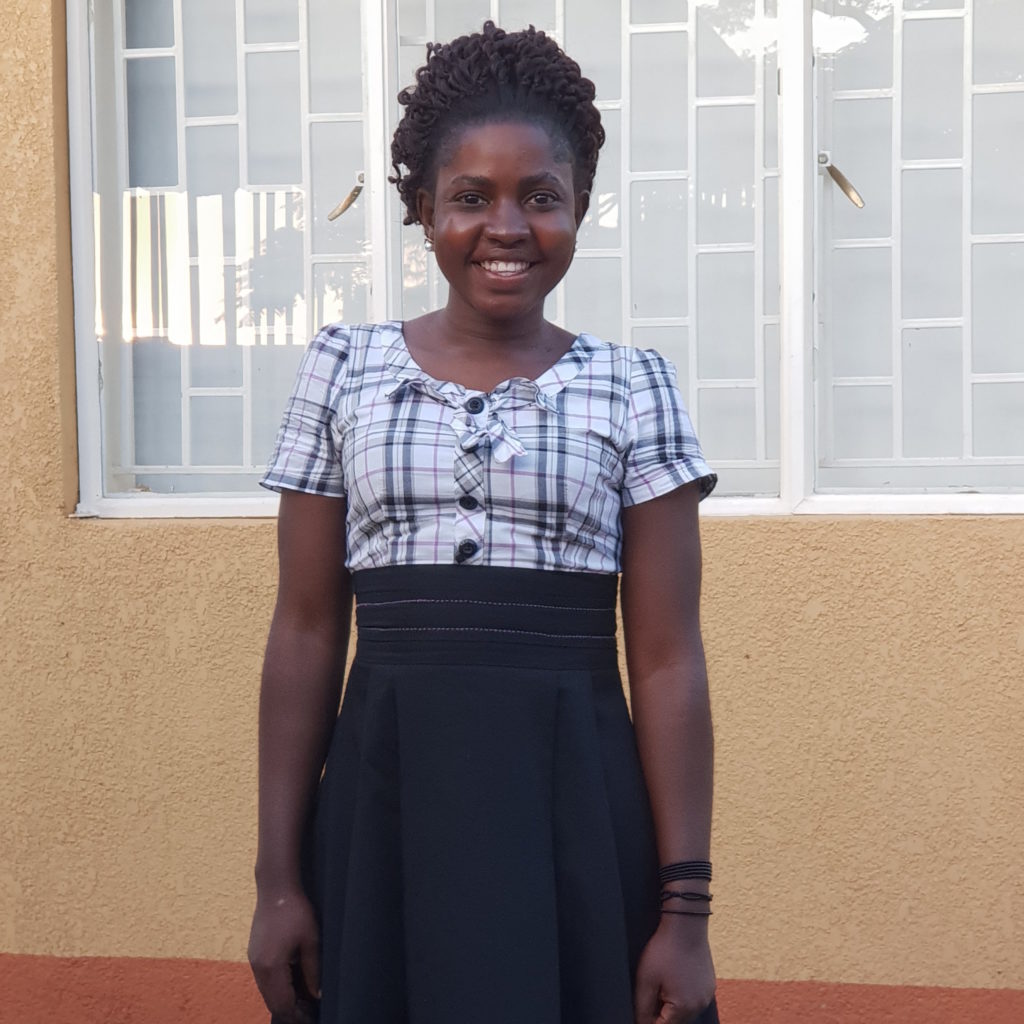The STREAM Uganda CAB was created in August 2017, around the time when the site began recruiting participants to the trial. The CAB works closely with Dr. Ivan Kimuli, a Medical Officer for the trial who also acts as the CLO at the trial site – Makerere University Lung Institute.
The CAB members each play an active role within the affected community and ensure that the voice of the community is heard. The CAB members have different professional roles, with some working for the district health service, the police force and the local village council. Four members of the CAB work with the district health service. This is significant as they have access to policy makers and work to ensure that TB control strategies and treatment options are discussed with these influential stakeholders.
The diversity of this CAB is an asset. It allows people to share experiences and expertise across a broad spectrum of areas and learn from one another. CAB members are drawn from the community and are always focused on giving back to the community. This is their motivation for being part of this movement,
Dr. Ivan Kimuli, CLO
Furthermore, by being part of the CAB, members have the opportunity to learn about clinical research, meet people affected by the trial and share knowledge with community members, with the aim of reducing stigma and facilitating the understanding of research within the community.
STREAM is contributing significantly to identifying effective, safe and cost-effective treatments for MDR-TB. “By offering the possibility of a shorter treatment regimen for MDR-TB, we hope to have a positive effective on TB treatment strategies in Uganda. We also believe that patients are more likely to comply with the all-oral regimen, which we know is just as good as the one using injectables,” explained Dr. Kimuli.
The STREAM Uganda CAB aims to carry out at least one community outreach activity every quarter. These community outreach activities are important as they help to raise awareness about STREAM and MDR-TB within the community, while also encouraging community members to learn more about TB and take preventive action. “The communities are always excited to see health teams in their midst. They ask many questions and become knowledgeable about TB. Some take immediate action and test themselves for TB,” said Dr. Kimuli.

Late last year, members of the Makerere University CAB took part in a radio show which focused on raising awareness about the prevention and treatment of TB. During the discussion, they spoke about the importance of CE as part of the STREAM trial. CAB members also explained that, in order to raise awareness and tackle issues of stigma, they use diverse approaches and channels to reach as many people as possible. On occasion, individual home visits are carried out. “We also use community leaders like local council leaders to mobilize community members. We work with the small community health structures like Village Heath Teams and Community Health Extension Workers,” explained Kasozi, a CAB member. The STREAM CABs work collaboratively with the community so that community members are aware of the research that is being conducted and have the opportunity to contribute ideas.
Some of the Makerere CAB members have first-hand experience of TB, and understand the significance of having an active CAB within the community. Mary Mpakibi, CAB member explained, “I have had MDR-TB […] My treatment took two years but then I was cured. I am a living example of a TB survivor. TB is curable, even this one that is multi-drug resistant.” By including people with real experience of TB in the CABs, the communities benefit from their experience and are helped by informed support
